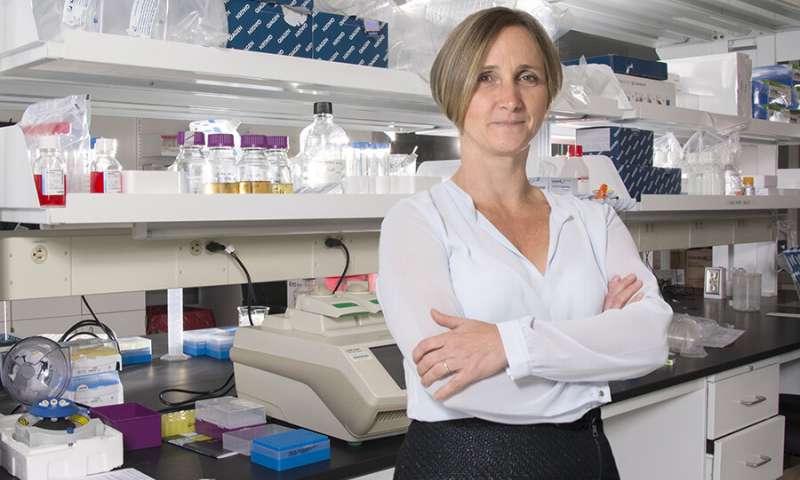Stanford University School of Medicine scientists have definitively linked mast cells, a class of cells belonging to the immune system, to the development of osteoarthritis, one of the world’s most common causes of pain and immobility.
In a study published online May 14 in eLife, the scientists demonstrated for the first time that banishing mast cells—or blocking signals from the most common stimulus activating them in real life, or disabling a cartilage-degrading enzyme they release when activated—all protected mice from developing osteoarthritis typically induced by a classic experimental procedure. The results were supported by findings in human cells and tissues.
Osteoarthritis, by far the most frequently occurring variety of arthritis, is characterized by cartilage breakdown and inflammation in joints, which can be further aggravated by excess bone growths called osteophytes.








